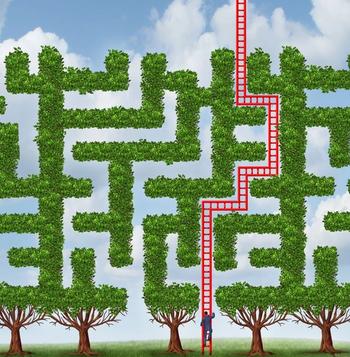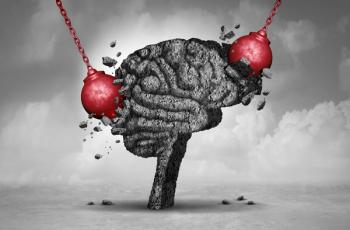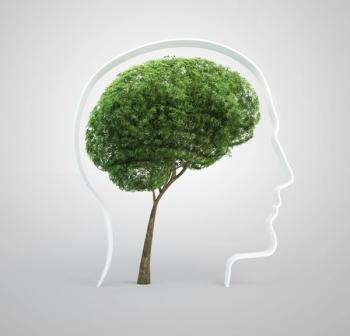
Creating a schedule and keeping it can be a huge help to patients with anxiety or depression.
Dr Noonan is a physician, mental health and wellness coach; author of 5 books on managing mental health and mood disorders with a print and video blog; consultant; group facilitator; and Certified Peer Specialist. She has a unique perspective having lived with a mood disorder and bridges that space between provider and recipient of mental health services, which resonates with many people. Dr Noonan is the inaugural recipient of the national Depression and Bipolar Support Alliance Peer Support Specialist of the Year 2022. Her most recent books, published by Johns Hopkins University Press, include: Take Control of Your Depression: Strategies to help you feel better now (2018); Helping Others with Depression: Words to Say, Things to Do (2020); and Reconnecting after Isolation: Coping with Anxiety, Depression, Grief, PTSD and More (2022).

Creating a schedule and keeping it can be a huge help to patients with anxiety or depression.

Toxic family members who belittle mental illnesses can fracture a family.

Solitude is not the same as isolation. Is a patient isolating themselves and what can be done to help?

Daily routine and structure will decrease a patient's stress and give them a sense of accomplishment.

Holidays can be difficult for patients with depression, anxiety, or other mental illnesses, but this year may prove especially difficult...

Patients must be able to adapt in the face of adversity, trauma, and stress. Listen to some tips on how to help.

Brains need continuous and consistent care.

Depression can cause weight loss or a loss of appetite... or it could cause weight gain and an increased appetite. Here is some need-to-know information on weight control and mood disorders.

A healthy diet can improve mood and effectiveness of antidepressant medications. Here's why your patients should be eating healthier.

Patients' first reactions to a diagnosis of major depressive disorder can be varied. What can you do to help them cope?

The collaborative treatment team model, where individual specialists must work together as a team, or "pit crew," might be the best way to provide for your patient.

As the pandemic lingers, managing depression can become that much more difficult. These proven steps can help patients, and you, better manage depression.

Nearly 40% of physicians are reluctant to seek medical care for a mental health condition. There is discrimination in medical licensing, difficulty retaining hospital privileges, and interruptions in professional advancement. A secret remains untreated and stigma continues.

A physician who is also long-term patient living with depression discusses a pervasive problem in the house of medicine.